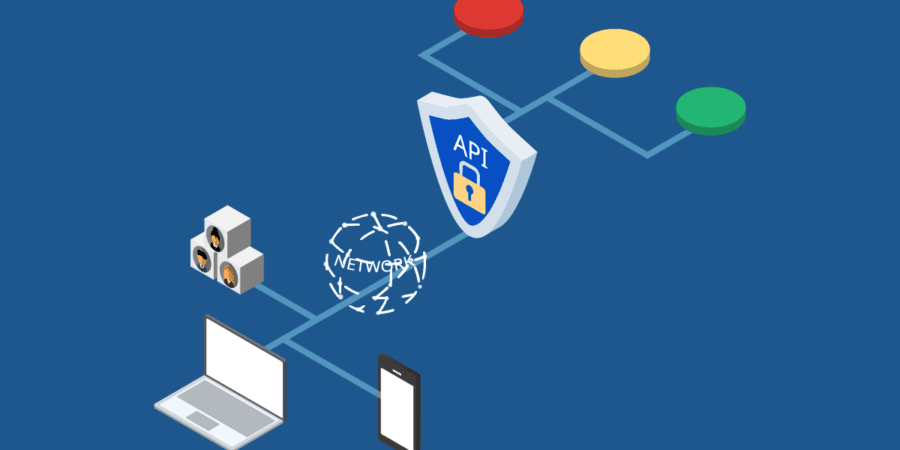Serverless Functions
A serverless function is a programmatic function written by a software developer for a single purpose. It’s then hosted and maintained on infrastructure by cloud computing companies. These companies work to maintain your business code and execution to allow developers to deploy code faster and easier.
The use of serverless functions offers several big business benefits. Developers have the chance to focus on application development and better quality coding in the long haul.
Last month, Microsoft announced a preview of serverless for Hyperscale in the Azure SQL database – uniting all the benefits for Hyperscale and serverless in one solution.
Scalability
Serverless functions can automatically scale based on demand. This means that if your application experiences a sudden surge in traffic, the serverless functions can handle the load without any additional configuration or infrastructure set-up.
If a function needs to be run in multiple instances, the servers will start up, run, and end them as they are needed, often using big containers. As a result, a serverless application will be able to handle high levels of requests just as well as it can process a singular request. A traditionally structured app would be overwhelmed with a sudden increase in usage.
Cost-effective
With serverless functions, you only pay for what you use. This means that you don’t have to worry about paying for idle resources or overprovisioning servers. Instead, you can focus on optimising your code and only paying for the resources you need.
However, it’s worth noting that serverless architectures are not built for long running processes. Because serverless providers charge for the amount of time code is running, it may cost more to run an application with long-running processes in a serverless infrastructure compared to a traditional one.
Flexibility
Serverless functions are designed to work with a variety of programming languages, including .NET. This means that you can develop your serverless functions using your preferred language and framework, without having to worry about the underlying infrastructure.
Faster time to market
With serverless functions, you can quickly deploy and iterate on your code without having to worry about managing infrastructure. This can help you get your application to market faster and respond to changing customer needs more quickly.
Reduced operational overheads
Since serverless functions abstract away much of the underlying infrastructure, you can focus more on writing and maintaining code rather than worrying about maintaining servers or managing dependencies.


